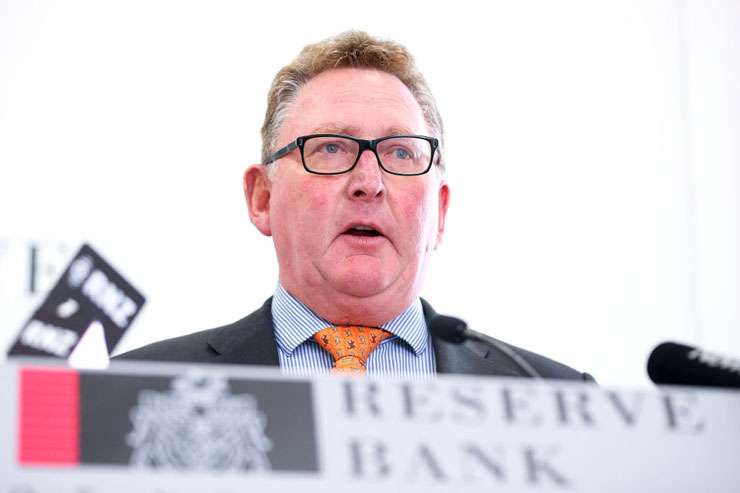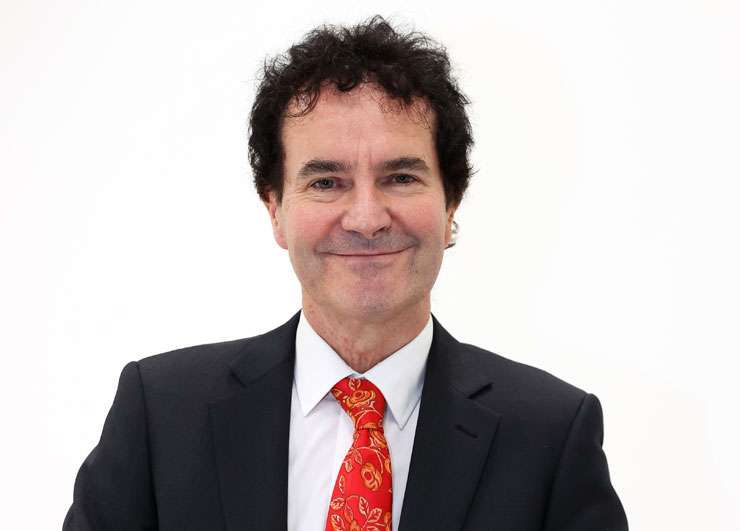For the residential real estate market, there are some things which are the same about this level 4 lockdown and the level 4 one from last year, and some things which are different. Let’s start with the similarities.
Ahead of both nationwide lockdowns the housing market was showing accelerating price rises. During 2019, Auckland house prices rose on average only 0.5% a quarter. But they soared 3.5% in the March quarter of 2020 as the country entered lockdown. Outside of Auckland gains averaged 2% a quarter in 2019 then 3.2% in the March 2020 quarter.
This time we can see that average New Zealand house prices rose by 0.5% in April, 0.8% in May, 1.0% in June, and 2.4% in July. For Auckland the monthly changes have been respectively -0.3%, 0.4%, 0.6%, and 3.3%. On both occasions house price growth accelerated ahead of lockdown.
But the differences between now and then are far greater. In March 2020, the Reserve Bank cut interest rates by 0.75 percentage points and removed the loan to value ratio (LVR) restrictions.
Start your property search
Last week, it said it would be raising rates as soon as the current Covid situation became clearer, and the LVR rules are tighter than before for investors.
The Reserve Bank has also announced plans to reduce the amount of low deposit lending which banks can undertake and is considering using newly granted tools to limit lending to investors, including debt to income restrictions.
On top of that, the Finance Minister has now instructed the Reserve Bank to work towards dissuading investors from buying existing properties while making prices more sustainable for young buyers, and the Reserve Bank Governor, Adrian Orr, has stated he considers current prices are not sustainable.
Back in March 2020 annual consent numbers for new dwellings were running at 37% and we universally expected lockdown and the global pandemic to cause a collapse in new house supply. Now, consents are running above 44,000 and we expect further rises.

Reserve Bank Governor Adrian Orr considers current prices are unsustainable. Photo / Getty Images
But there are factors which imply more support for average house prices than in March 2020. Back then we were all forecasting big hikes in unemployment. Now we see businesses unable to get the staff they need and expect the unemployment rate to fall further. Job security is much stronger.
Back then we all expected house prices to fall. Now we know freedom from lockdown causes them to rise. This expectation probably helps explain the reports from real estate agents that enquiries from buyers have soared since lockdown started whereas they fell away sharply during lockdown last time.
Last lockdown the number of new property listings had risen by 2% in the March quarter nationwide and 4% in Auckland. This time the past three months have brought a 2% fall nationwide and 6% fall in Auckland.

Tony Alexander: “Unlike last time we do not face a dystopia of falling prices.” Photo / Fiona Goodall
Also, back then we were heading into late-autumn and winter. Now we are heading into spring, when house sales traditionally surge.
And to cap it all off, this time there are vaccines and we see light at the end of the tunnel even if it will involve some tough realisations about living with Covid. Back then we had no vaccines and huge uncertainties about where we were headed.
The upshot is that unlike last time we do not face a dystopia of falling prices, construction, employment, and economic activity. So, the market will hold up much better than it did at the start of the Covid crisis last year. That means the bounce in the months following exit will be much less. But it also means that very quickly the underlying fundamentals of accelerating inflation, booming consumer spending, accelerating wages growth, and prices further beyond levels desired by the Reserve Bank and government will quickly reassert themselves. Interest rates will get pushed up the Reserve Bank as soon as we get past the current outbreak and chances are they will have to raise rates more than the 1.75 percentage points they discussed on August 18. That’s because it is quite possible the current lockdown will actually add extra heat to the housing market for a while because low interest rates are around for perhaps six weeks longer than we were all expecting.
- Tony Alexander is an economics commentator and former chief economist for BNZ. Additional commentary from him can be found at www.tonyalexander.nz











































































